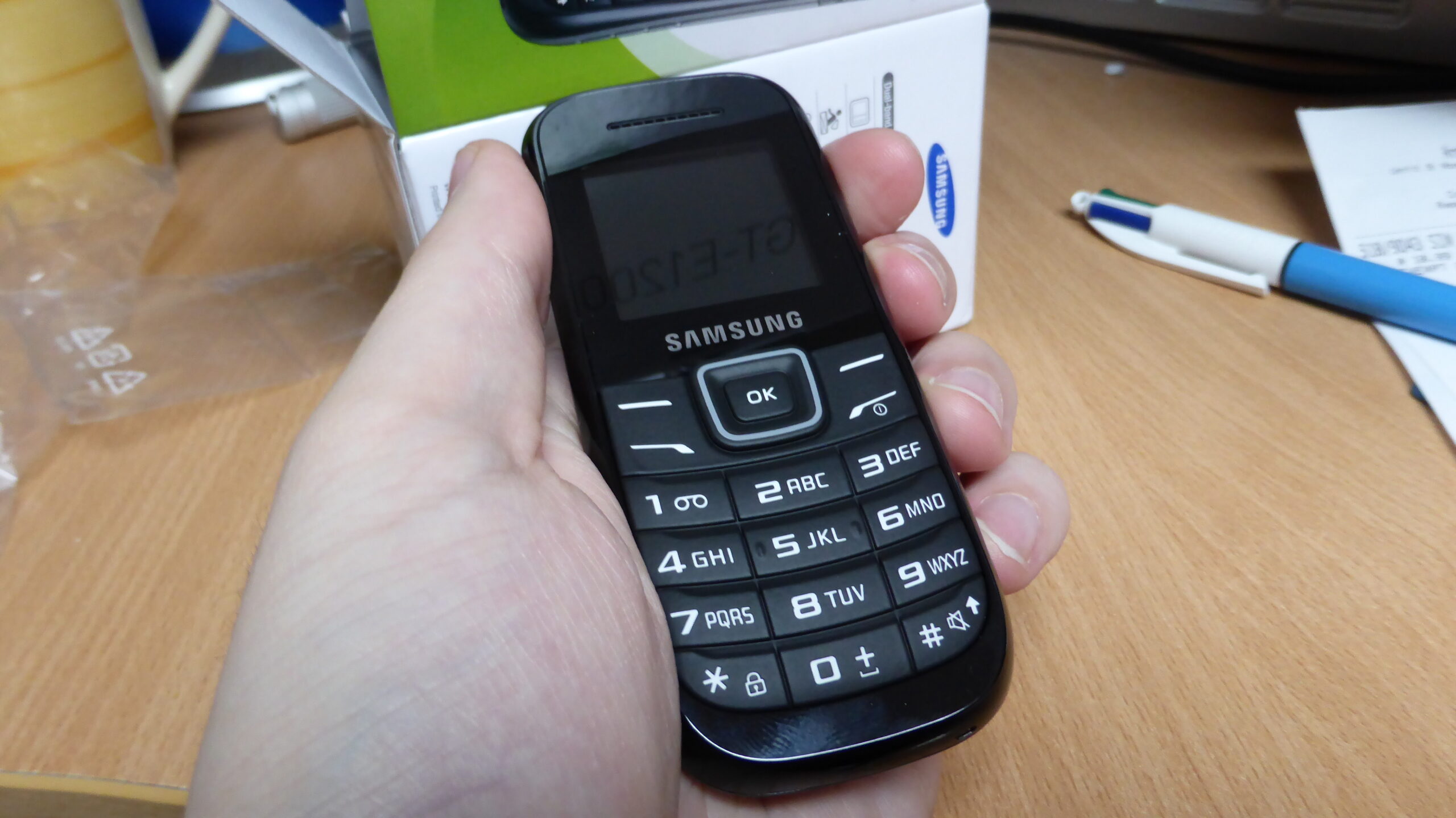Texting and calling have become one of the most popular forms people use to communicate across long distances in 2024. Both of them are great forms of communication but I believe that calling adds another layer to a conversation that you can’t achieve through a text message. Without adding imagery and very in depth detail in a text message it can be difficult to get emotion and sensation across the board.
With calling you get to see the other person’s emotion and get a feel of what they are thinking during the conversation. For example, if I was giving somebody a hard time through texting and I said “I hate you”, depending on the person and the environment they could possibly not understand that I was using sarcasm.
Now this also depends on whether the call is being done just through audio or if it’s audio and video. Seeing the person’s face is about as close as you are going to get to actually communicating in real life. It allows both parties to be able to see their body cues and facial expressions that will add depth to your conversation. New age emoji’s in texting help facilitate, but nothing will be as genuine as the real deal.
Sometimes though, there are definitely situations where maybe I don’t want the other person to see me or hear my voice. If I was getting ready to call out of work for any given day, I would much rather just text my boss and have him find out that way; rather than calling him and having to deal with him questioning or reprimanding me about the matter.
Moving into my professional life I think that texting and emails would be the more conventional way for communications. Now I don’t know how the majority of other people feel about this topic but if I was an employer, I would much rather have my employees send me a formally written email compared to calling me whenever they get around to it and/or possibly annoying me with work calls when I am off the clock. But if we are talking about my personal life, calling would always be my preferred form of communication.
“samsung phone” by Sean MacEntee is licensed under CC BY 2.0.











